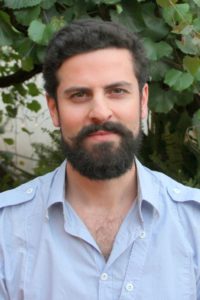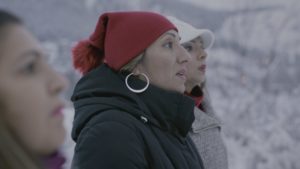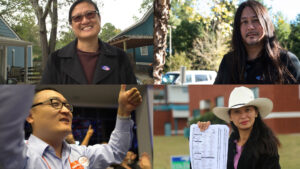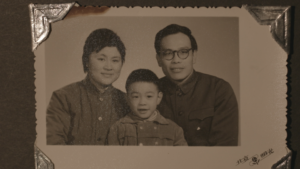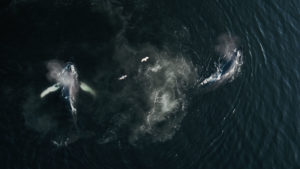An interview with Daniel Rotman, Director at SPEC
- Apr 3, 2019
- /
- Blog
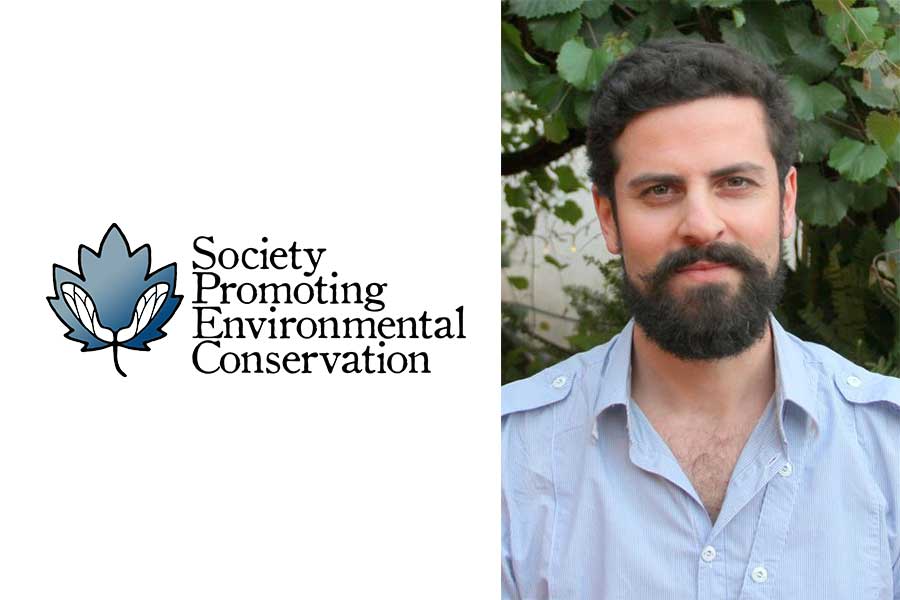
On April 17th, Reel Causes is screening Anthropocene: The Human Epoch, a cinematic meditation on humanity’s massive reengineering of the planet, and following it with a panel discussion addressing waste reduction with community cause Society Promoting Environmental Conservation (SPEC), the oldest environmental non-profit in Canada.
Daniel Rotman, Director at SPEC, answered a couple questions in advance of the event to give you a hint of what’s to come during the panel discussion.
Anthropocene: The Human Epoch highlights permanent planetary change. What would you say to an audience that might be discouraged by the notion that it’s too late to change?
To me, it’s too convenient to throw our hands up and claim, “it’s too late, or I just can’t, or I’m not good enough” — convenience is cheap. Historically, we’ve never given up, and I don’t see it happening now either. We are making huge leaps forward; it’s just not always easy to see online through memes.
The film reveals the shear power of humanity. What’s new, maybe, is how that power is being used all over the globe, all at once, and equally indifferent. The idea that we move mountains is not a metaphor anymore. It’s impressive and scary.
Our brains are wired to see the negative more easily than the positive. At the same time, we know that hope, positivity, and the drive to survive and thrive have triumphed time and again. The best part is that we already have all the technology we need. Now it’s a matter of directing that power and our energy to the positive, and building our shared future, together.
How can we take that power and energy and direct it to the local level and engage our community?
We all have a part to play and everyone’s trash is everyone’s responsibility. Trash doesn’t care about identity or politics when it pollutes.
We need reminders, nudges and help because we know it’s not convenient, or easy. That’s what makes overcoming challenge so rewarding, knowing you put in the work with your community, and that it’s worth it. This planet, our shared home, is definitely worth it.
As a Director of SPEC, how does the organization help promote zero waste throughout Vancouver?
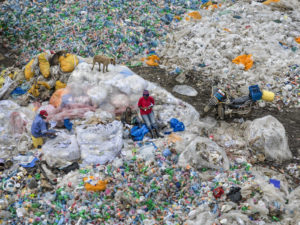
SPEC operates as an umbrella for a number of different committees that each tackle their own area of urban sustainability. Among them are the committees for food and environment, energy and transportation, and waste. The waste committee operates using the same umbrella style, empowering volunteers that bring in and run projects, both short and long term. The projects enjoy support through grant partnership and community building, as well as a new effort to have projects that cross committees, as often food, energy and transportation all generate waste, for example. Currently, the committee hosts projects: Master Recycler Vancouver, Boomerang Bags, Green 2Go, The Zero Waste Club, as well as Talkin’ Trash Radio. The committee also hosts monthly meetings with discussions, screenings, presentations and networking.
SPEC is currently also exploring dialogue as a fundamental skill and approach to engaging with the local community and beyond.
Lastly, the waste committee has started a new project developing a tool kit for the most common waste problems, such as single use plastics, textiles and electronics. The tools will be centered around practical skills that people can learn to prevent and reduce waste, such as developing new habits to remember your reusable mug or take out kit, or learning to cook and store food, and fixing things.
Following the film, we’ll be discussing waste reduction with panelists from the community. Can you provide some insight on what specific topics might be addressed?
Post-film, we will try to address some of the major topics in the world of waste:
- How to increase awareness of waste in our lives
- How to avoid, prevent and reduce single use plastics
- What is being done locally and what you can do tomorrow
- Why recycling isn’t what we might think it is, or why it isn’t the solution
- The situation with China
- How we can bring waste back into sight and back into mind, so we can design it out of our lives
How will the format of a panel with expert conservationists help get the zero waste message across to our audience?
Currently, the world of waste mostly exists in the shadows (out of sight and out of mind), and experts and those who have engaged with waste in a serious way can really help shine light on it.
There are many ideas and narratives about waste, and we all have a deep connection to it, so having a variety of people who can talk about their reality, and not just what we hear from the other side of the world, can help ground the conversation to here and now. The goal is to show that everyone is part of the solution, we all find a way to reduce and prevent waste on our own terms, and it has to be that way because of how personal it is.
Hearing new voices and voices that understand the local context are critical in my mind for helping people find their own voice, and to get involved locally where they feel most comfortable.
There are so many cool initiatives and projects in Vancouver (and only Vancouver) and hearing their stories, and meeting them is inspiring.
Purchase tickets for the April 17th Anthropocene event below:

About Reel Causes Society
Reel Causes partners with filmmakers and Canadian causes dedicated to addressing global social justice issues. We host film screenings followed by a Q&A session to educate and inspire our community, and provide a forum for authentic conversation aroundF the issues that affect us locally.
